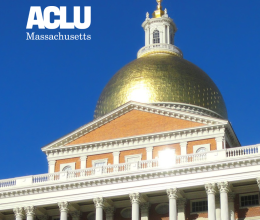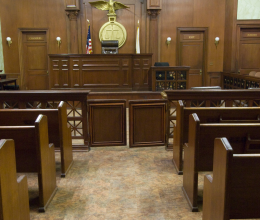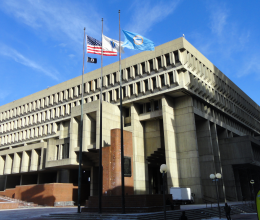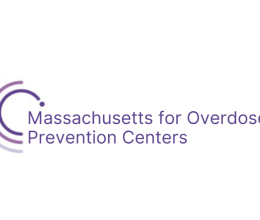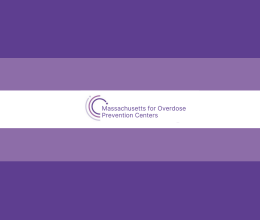
If you were convicted of a Massachusetts drug crime in a case that started between 2003 and 2013, find out if your charges were dismissed by calling 1-888-999-2881.
Almost every day for eight years, state drug-lab chemist Sonja Farak manufactured drugs, stole samples, and tested evidence while under the influence, throwing thousands of drug cases into question.
But the Amherst drug lab scandal doesn’t stop there.
After Farak’s arrest in 2013, the Massachusetts Attorney General’s Office (AGO) claimed her misconduct lasted under five months. All the while, they had crucial evidence showing that the misconduct was more severe. That means thousands of people were convicted based on bad evidence — and the AGO hid that information from them and the courts.
Since then, thousands of defendants affected by misconduct at the Amherst lab have been kept in the dark about what happened and denied any meaningful chance at a remedy for their wrongful convictions.
On September 20, 2017, the ACLU of Massachusetts, together with the Committee for Public Counsel Services (CPCS) and law firm Fick & Marx LLP, filed a petition urging the Massachusetts Supreme Judicial Court (SJC) to dismiss every case in which Farak was the state's chemist. The petition calls for the dismissals due not only to Farak's wrongdoing but also the AGO's misconduct. It also asks the court to establish rules to prevent this type of prosecutorial misconduct.
The plaintiffs in this case are CPCS, Hampden County Lawyers for Justice, and two individuals who were convicted of drug crimes in cases where Farak served as the state’s chemist.
The individuals, Herschelle Reaves and Nicole Westcott (pictured), are two of perhaps thousands of defendants who were denied any timely and meaningful opportunity to challenge their convictions because the AGO misrepresented the duration and extent of Farak’s misconduct.
In November 2017, following an order from Supreme Judicial Court Justice Gaziano, district attorneys agreed to dismiss more than 6,000 cases. Justice Gaziano officially dismissed thousands of additional cases on April 5, 2018.
On October 11, 2018, the SJC delivered a historic victory to thousands of people who were wrongfully convicted based on tainted evidence and prosecutorial misconduct. Following at least 9,000 dismissals earlier that year, the court acknowledged that thousands more people were denied justice. The court's decision required the Attorney General's Office to notify every person who was wrongfully convicted, and changed how prosecutors are required to reveal evidence.
This case follows the ACLU’s major victory in April 2017, when the SJC issued its final order to dismiss nearly 22,000 wrongful drug convictions that had been tainted by former state chemist Annie Dookhan. That was the single largest dismissal of wrongful convictions in the nation’s history.
In September 2019, the court-appointed “Special Master” issued a final report, revealing that more than 24,000 convictions in 16,449 cases tainted by Farak have been dismissed. The report also reveals that, as part of the sanction requiring the AGO to inform Farak’s victims of their rights, the office paid for individualized notice letters, notecards, and fliers that were posted in government buildings, as well as $64,505 in advertising to spread word of the dismissals.
Together, the two drug lab cases brought by the ACLU, CPCS, and Fick & Marx have now resulted in over 61,000 dismissed Farak- and Dookhan-related drug charges across more than 37,000 cases.
VIEW A TIMELINE OF THE SCANDALS
Media
-
WHDH: More than 24,000 drug convictions dismissed in cases tainted by former state chemist
-
Daily Hampshire Gazette: ACLU reaching out to drug defendants cleared in state lab scandal
-
Rolling Stone: And Justice For None: Inside Biggest Law Enforcement Scandal in Massachusetts History
Pictured: Plaintiffs Herschelle Reaves and Nicole Westcott. Photo by Ray Bernoff.
